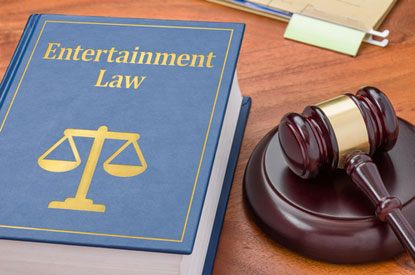One key document in particular has not been publicly disclosed regarding how the NSA justified their phone program. Under the program, they were able to rake up meta-data on millions of Americans’ phone calls: times and locations and numbers. The justification of this wide-reaching and highly criticized practice, which was only exposed by whistleblower Edward Snowden, is found in a currently confidential document written by chief judge of the Foreign Intelligence Surveillance Court (FISC) Colleen Kollar-Kotelly.
She wants the document out as much as anybody, especially to clear the accusation that her court acted as a mere rubber stamp for spying programs. In fact, her analysis, which extends over 80 pages, is “painstakingly thorough” as said a source who read it, and as reported by the Washington Post.
The analysis interprets the 2001 USA Patriot Act, so-called, that was passed as an answer to terrorist threats after the Sept. 11 2001 attacks.
“The original legal interpretation that said that the Patriot Act could be used to collect Americans’ records in bulk should never have been kept a secret and should be declassified and released,” said Sen. Ron Wyden (D-Ore) to the Washington Post. “This collection has been ongoing for years and the public should be able to compare the legal interpretation under which it was originally authorized with more recent documents.”
The current fervor over the NSA spying questions whether it is intrusive, and whether it is necessary. Justice Department spokesman Brian Fallon minimized the unreleased document penned by Colleen Kollar-Kotelly, saying, “Already so far, the department has declassified a white paper explaining the legal basis for the [phone records] program, and the court has publicly posted an opinion upholding its lawfulness.” But he did not mention the original interpretation that is in question, and which many feel is integral, and should be exposed to public scrutiny.
Said Senate Judiciary Committee Chairman Patrick J. Leahy (D-Vt.), the release of this document “is exactly the sort of transparency we need in order to have a full and open debate about whether this program is legal and appropriate or needed.”










































